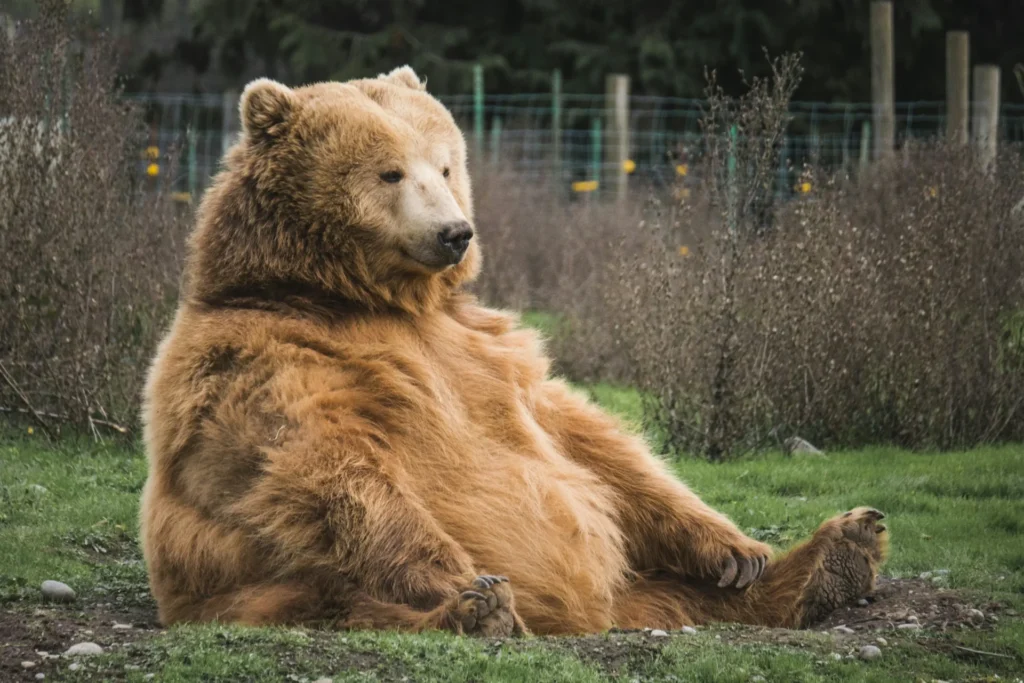Amid growing backlash, wildlife activists are asking a state judge to stop Alaska’s controversial predator control program this spring immediately. The Alaska Wildlife Alliance filed an urgent request on April 10 for a court order blocking the Department of Fish and Game’s next phase.
If granted, the order would halt this year’s planned killing of bears and wolves in Western Alaska’s remote landscape. Since 2002, state officials have killed 180 bears and 19 wolves to help the declining Mulchatna Caribou Herd recover its numbers.
Department leaders insist predators, especially bears, eat too many calves during the caribou calving season, weakening the herd. Officials are preparing to begin this year’s operation in late spring, claiming they must act quickly to protect newborn caribou.
The Alaska Board of Game approved an emergency request from the department on March 27 to continue the predator removals this season. This comes after Superior Court Judge Andrew Guidi ruled on March 14 that the program violates the state constitution.
The judge ruled in a 2023 lawsuit filed by the Wildlife Alliance, saying the program lacks due process and violates sustainable yield rules. Still, state leaders are moving ahead, sparking a deeper Alaska predator control controversy that now pits agencies against wildlife advocates and the courts.
Opponents argue that faulty science drives the plan and that habitat loss, not predation, caused the caribou population crash. They also warn that killing bears threatens populations around Katmai National Park, home to some of the world’s most iconic bears.
In their court filing, the Alliance accused state officials of undermining the court system and ignoring constitutional limits on wildlife management. The Alaska Department of Law says the Board of Game followed the law and will defend the emergency regulation in court. Wildlife groups now await a judge’s decision, hoping to prevent further bear killings and bring attention to the predator control controversy.











